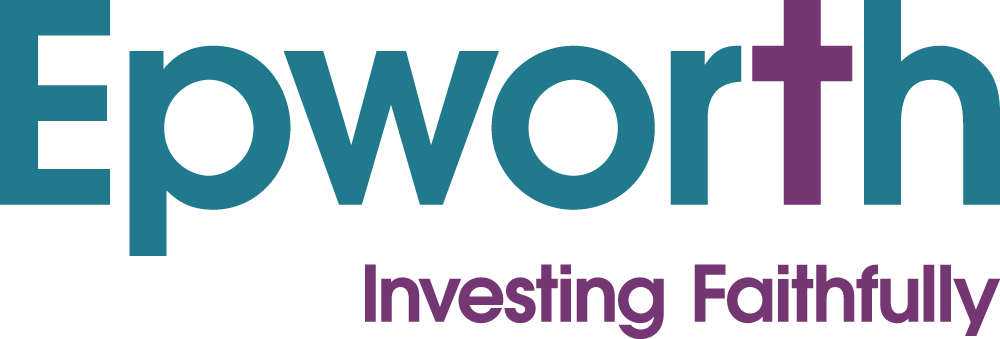
Introduction: A Roadmap for Faithful Investment
For charities and churches, investing is not just a financial decision—it’s a reflection of mission, values, and responsibility. As a trustee, you are required by law and good governance to manage your charity’s assets prudently, ethically, and in line with your purpose.
That’s where the Investment Policy Statement (IPS) comes in.
A well-crafted IPS is more than a compliance document. It is a clear articulation of your charity’s investment goals, ethical standards, and fiduciary framework. It gives trustees direction and ensures consistency—even as markets shift and boards change.
What Is an Investment Policy Statement?
An Investment Policy Statement is a formal document adopted by the board of trustees to guide how a charity's assets are invested. It typically covers:
- Investment objectives
- Time horizon and liquidity needs
- Risk tolerance and return expectations
- Ethical or faith-based considerations
- Governance structures and roles
- Criteria for selecting and reviewing investment managers
For faith-based organisations, the IPS also outlines how investments will reflect theological convictions and avoid conflicts with the charity’s mission.
Why Every Charity Needs an IPS
A clear IPS helps trustees:
- Fulfil their legal duties under charity law
- Provide transparency to donors and regulators
- Avoid internal confusion or disputes over investment decisions
- Define ethical boundaries and ensure consistency over time
- Demonstrate a coherent approach to mission-aligned stewardship
In short: it keeps values and vigilance working together.
Key Components of a Mission-Aligned IPS
1. Purpose and Context
Start with a short description of your charity’s mission and financial context. Include:
- A statement of your charitable objectives
- The source and role of your investments (e.g. endowment, legacy, reserves)
- Any restrictions (e.g. permanent endowment or designated funds)
2. Investment Objectives
Set out what you’re trying to achieve financially, including:
- Target return (e.g. inflation plus 3%)
- Time horizon (e.g. long-term growth vs. short-term income)
- Income needs, drawdown plans, or liquidity requirements
This helps ensure that your investment strategy supports—not undermines—your operational plans.
3. Risk and Diversification
Trustees must act prudently and manage risk. Your IPS should include:
- The level of volatility you are prepared to accept
- Guidelines around asset allocation (e.g. equities, bonds, property)
- Use of pooled funds vs. bespoke mandates
- Rebalancing frequency and thresholds
4. Ethical and Faith-Based Criteria
For churches and faith-based charities, this section is essential.
Clearly set out:
- Ethical exclusions (e.g. fossil fuels, arms, pornography, tobacco)
- Positive screening criteria (e.g. companies aligned with SDGs or Christian values)
- Preferred benchmarks (e.g. a screened version of the FTSE Developed All-World Index)
- Your engagement and voting expectations
Need inspiration? Download our sample Ethical Investment Policy Template
5. Governance and Oversight
Define how decisions will be made and reviewed. Include:
- Who is responsible for monitoring performance
- The frequency of investment reviews (e.g. quarterly, annually)
- Criteria for reviewing or changing investment managers
- Procedures for updating the IPS itself
Good governance strengthens accountability—and reduces risk.
6. Manager Selection and Monitoring
Your IPS should outline:
- Criteria for choosing investment managers (e.g. ethics, performance, reporting)
- Expectations for transparency and client service
- How ethical alignment will be tested and maintained
At Epworth, we provide tailored ethical reporting to support trustee governance and audit compliance.
Common IPS Questions from Trustees
Do we need to include ethical considerations in our IPS?
If your charity has a religious or social mission, yes. The Charity Commission expects alignment between purpose and practice—especially where ethical conflict may arise.
Can we invest ethically and still meet our financial goals?
Yes. Ethical portfolios can match or exceed long-term benchmarks while avoiding reputational and regulatory risks.
What if our IPS is outdated or missing key elements?
We can help you review or rewrite your IPS to reflect current best practice and align with your mission.
How Epworth Supports Trustees
We regularly work with trustees and faith-based charities to:
- Draft new Investment Policy Statements
- Review existing IPS documents for consistency and compliance
- Provide template wording for ethical and theological sections
- Align policy frameworks with denominational guidance (e.g. JACEI, Mensuram Bonam)
Whether you're updating a policy for audit or starting from scratch, we’re here to support you every step of the way.
Conclusion: Set the Direction Before the Journey
An Investment Policy Statement is your compass. It ensures that every investment decision—large or small—is grounded in purpose, prudence, and principle.
Don’t let ambiguity or inertia hold your charity back. A clear IPS gives your board confidence, your donors reassurance, and your mission the integrity it deserves.
Contact us to arrange a consultation on developing or updating your IPS.
